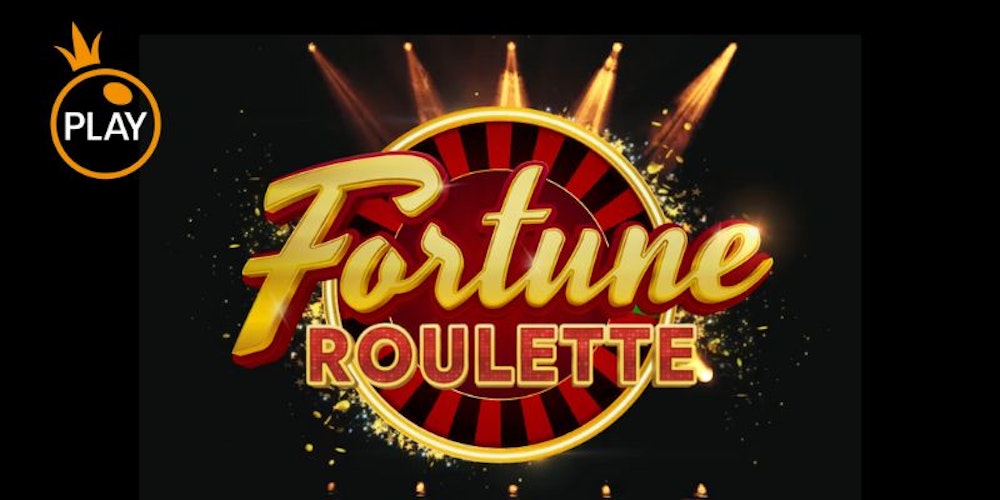【Old Gun slot】Maryland Charges Against Sweepstakes Casinos


 byStan
byStan 
Maryland is working on refining its gambling regulations, as the Old Line State advances a bill that would ban sweepstakes gambling.
The Maryland Senate Budget and Taxation Committee recently endorsed SB 860 with a unanimous 13-0 vote, which indicates significant support for the legislation.
Sen. Paul D. Corderman sponsors the legislation, which aims to close a legal loophole that allows sweepstakes gambling in the state without state oversight.
Additionally, Delegate Eric Ebersole has filed a supporting bill, HB 1140. This legislation is currently under review in the House Ways and Means Committee. A hearing for the bill was scheduled for 11 March 2025, but no updates have been provided on the matter.
New Bills Mean More Authority for the State Lottery
If passed and enacted as law, the two bills would ban online sweepstakes gambling in Maryland and give the Maryland State Lottery and Gaming Control Commission the authority to reject licenses for operators offering sweepstakes products.
It should be specified that the proposed legislation defines digital sweepstakes casinos as websites that rely on a dual-token system. Thus, players can first purchase a token and then use it to place bets on casino-style games or sports events.
After that, users can swap their winnings for real money or other cash equivalents. This business model has become quite popular over the last few years. Private casinos primarily use it to circumvent gambling regulations in a jurisdiction. However, recently, more states have decided to take action against these operators.
Rule-Breakers Will be Penalized
If enacted as law in the state, the rule-breaking operators will be subject to hefty fines. According to the legislation, if passed, individuals or companies that offer sweepstakes in Maryland will face monetary penalties between US$10,000 and US$100,000, along with potential imprisonment for up to three years.
Furthermore, the bill will seek to clarify the state's position on sweepstakes games, which it considers another form of illegal gambling.
However, not everyone is satisfied with the submission of SB 860. For example, the Social and Promotional Games Association regards the bill as a dangerous overreach. Here is the full quote from the association:
“This hastily drafted legislation represents a dangerous overreach, threatening legitimate business practices across Maryland while attempting to dictate what games adults can play on their phones. Sponsor Senator Corderman is increasing Maryland’s budget deficit and risking even more significant economic harm, all to the perceived benefit of entrenched, anti-competitive special interests.”
Operators Prepare for the Ban
Considering Maryland's recent crackdown on sweepstake operations, several operators have already announced their decision to suspend their activities in the market. Given the bill's momentum, they believe the ban on sweepstakes is imminent.
Meanwhile, operators like McLuck and Hello Millions have already earmarked Maryland and West Virginia as no-go territories. Other brands like Jackpota, Spree, and Mega Bonanza officially suspended operations in the Old Line State on 21 February 2025. These platforms have stopped taking registrations in 12 states.
Previously, Maryland legislators raised alarms that these sweepstakes sites function in a legal grey area, bypassing the rigid regulation and taxation imposed on regular gambling businesses.
Under Maryland law, traditional casinos and sports betting platforms are overseen by the Maryland State Lottery and Gaming Control Agency. At the same time, the sweepstakes operators managed to avoid that level of oversight from the state.
Should the bill be enacted into law, the Old Line State will become the latest U.S. jurisdiction to tighten its gambling laws concerning sweepstakes casino offerings. Maryland’s legislation would operate similarly to the measures enacted in other states that have chosen to close the legal loopholes permitting operators to provide sweepstakes gambling.
Still, the bill is on track to go to the House of Delegates for review. If passed, the legislation would then be sent to Governor Wes Moore’s cabinet for final approval.
New York Acts on Sweepstakes Too
As mentioned earlier, Maryland is not the only state that wants to regulate the sweepstakes action. New York State is also looking to address these legal loopholes.
Earlier this month, Senator Joseph P. Addabbo Jr. submitted Senate Bill S5935, which would ban online sweepstakes games that resemble casino-type games like slots, poker, and sports betting.
However, the Empire State's legislation encompasses a much broader spectrum. It would prohibit not only casino operators but also financial institutions, payment processors, geolocation providers, and media affiliates.
NY’s bill also states that any individual or company offering online sweepstakes products will face monetary fines. These financial penalties will vary from US$10,000 to US$100,000 per violation, with the potential for more severe measures like revoking gaming licenses.
Addabbo’s legislation also communicates that sweepstakes operators and their products could come with certain risks. These websites go around the state’s player protections, responsible gambling protocols, and anti-money laundering policies.
Supervision would be assigned to several state-run agencies, including the New York State Gaming Commission, state police, and the Attorney General’s office. If passed as law, the sweepstakes legislation would go into effect immediately.


